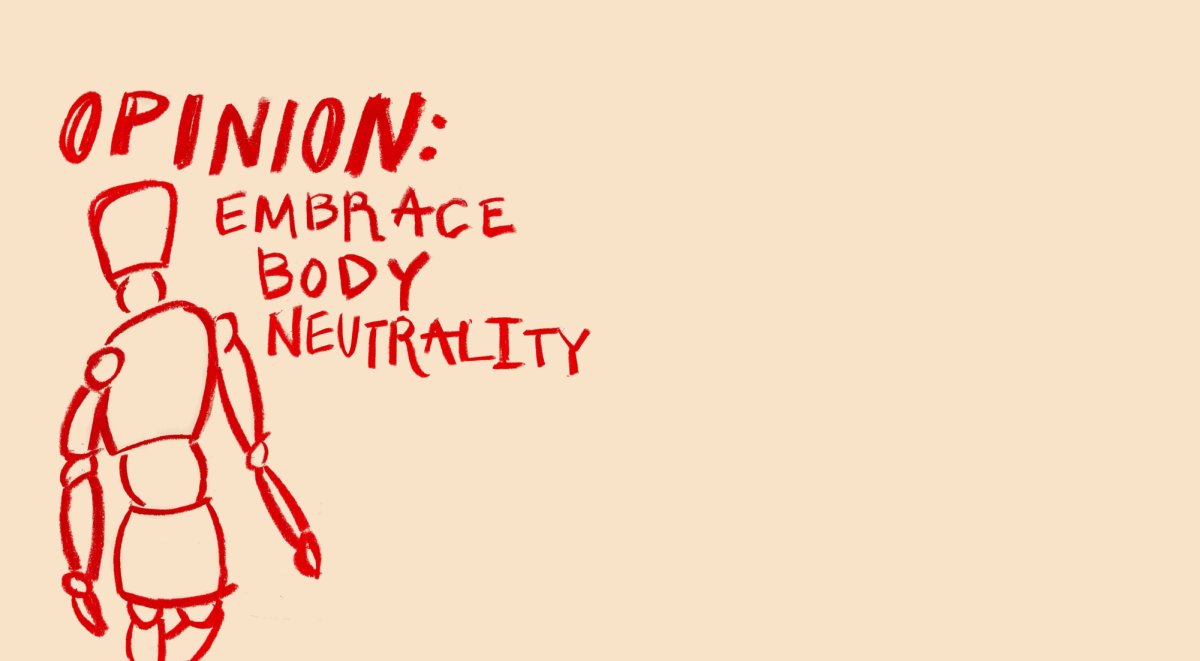Kincart: Utah Needs to Do Something about Systemic Sexism
Tampons at the Smith’s grocery store on 400 S in downtown Salt Lake on Feb. 7, 2021. Currently, tampons are subject to sales tax. (Photo by Jack Gambassi | The Daily Utah Chronicle)
February 9, 2021
As if the cramps, fatigue and general unpleasantness of periods weren’t enough, women are also stuck burdening the cost of feminine hygiene products. The price of feminine hygiene products is a constant source of frustration in my life. But the Utah legislature has the chance to reduce this cost and help women across the state with H.B. 204, Feminine Hygiene Products Tax Amendments, which would create a sales and use tax exemption for feminine hygiene products.
Legislators have attempted to address this issue in past sessions but failed. Rep. Robert Spendlove is responsible for sponsoring this year’s version of the bill. It’s unacceptable that this bill is stuck in committee after receiving its fiscal note on Jan. 21. The legislature must pass the Feminine Hygiene Products Tax Amendments because it’s a step towards abolishing the “pink tax,” which upholds patterns of sexism in our economic system.
The “pink tax” is a term used to describe the finding that women pay more than men for similar personal care products 56% of the time. The easiest way to conceptualize this is through differing deodorant and razor prices, but findings extend to toys and clothing. Women deal with monthly expenses related to their menstrual cycle along with paying more for basic supplies — while still earning less than men. Not to mention, the pay gap is wider for women of color.
It was the disproportionate effect of this tax on low-income women that shifted Spendlove to change his previous opposition to this bill, become a supporter, and eventually sponsor H.B. 204. According to Spendlove, the price of feminine hygiene products has “serious economic consequences” for low-income women and girls because on top of not having access to these additional resources, some may have to miss school and work as a result.
Because of the “pink tax,” I grew up in a system working against me. My childhood toys cost more than my brother’s — and I wasn’t even aware of it. The “pink tax” is a form of economic gender discrimination. Women feel pressured to buy products marketed to them, although they are priced higher than buying products marketed to men. This pressure, compounded with expectations that success is reliant on appearance, traps women in a damaging economic cycle of systemic sexism.
Systemic sexism is also present in tax exemptions. Most states grant sales tax exemptions to food and prescription medications — necessary items. However, in Utah, feminine hygiene products don’t currently receive this exemption. But women are expected to use products to conceal their menstrual cycles, so shouldn’t feminine hygiene products be considered necessary? This shows another way that our economic system discounts women and girls. Our tax law neglects basic necessities for women, girls, and anyone else who has a menstrual cycle.
If Spendlove’s bill is passed and put into law, Utah is one step closer to ending systemic sexism. Utah has been ranked the worst state for women’s equality three years in a row — a statistic that should push legislators into action. This bill recognizes the unfair economic burden placed upon women. Although there are many more still in effect, this is a start. As Spendlove put it, it’s “baby steps.”
It also will help mend a problem that he has noticed in politics — a disconnect with young women. Spendlove hopes that passing this bill would send a message that the legislature is reaching out and trying to better understand the issues women face. As a young woman in Utah, I have felt this disconnect specifically when the legislature didn’t pass a version of this bill last year. I felt like the legislature failed me and this bill is an important place to start mending that relationship.
Feminine Hygiene Products Tax Amendments must be passed this legislative session as it is a crucial first step for reversing measures in the state that promote systemic sexism. Every U student should call their representatives and voice their opinion on this bill. Let’s not let it spend another year stuck in committee. If this bill is enacted, it will positively impact the lives of many.














Abigail • Feb 10, 2021 at 1:06 am
I’ll start off with my criticisms: I think the tax exemption is fine, but I don’t care about it too much. It’s not going to ease the burden very much—it’ll save me, at most, $5 a month, probably much less. Also, you say “conceal.. menstrual cycles” like I just put in a tampon to be more appealing to men. I use tampons because it’s freaking annoying to be covered in blood and other uterine tissue once a month. They should be considered necessary, as you say, but “conceal” isn’t the word I’d use. Maybe “staunch the flow of blood and unused uterine lining?”
However, despite my criticisms, which are pretty minor, I actually agree with you. HB 204 should be passed. That’s something that I have noticed, now that you point it out. I used to live in Michigan, and overall, Utah is much better (mountains, Lake Powell, the weather, and fry sauce), but Michigan was better at encouraging girls to achieve success. I don’t know how many, if any, of my life choices have been influenced by sexism, but I’m very happy that someone is finally trying to connect with me and other young women. I hope he can pass this bill! Go Spendlove!
Ava Peitz • Feb 9, 2021 at 10:23 pm
Beautifully written. Sydney is a force of nature.